
Shropshire had the lowest number of coronavirus-related fines in the region over autumn and winter, a report says.
West Mercia is divided into five policing areas, and, of these, Herefordshire saw the most fixed penalty notices for Covid-19 violations between September and January.
Telford and Wrekin was second, with 221, South and North Worcestershire followed with 154 and 131 respectively and Shropshire saw 93, also giving it the lowest per-person rate.
Police and Crime Panel member Roger Evans asked whether this meant Salopians were “particularly law-abiding”, but Chief Constable Anthony Bangham said there is “no single answer”, and enforcement strategy is reviewed on a weekly basis.
The panel, which consists of councillors and lay members from across West Mercia, was discussing the force’s latest quarterly report.
It said: “Herefordshire and Telford and Wrekin have issued the greatest raw numbers of fixed penalty notices within West Mercia, as well as the highest rates of FPNs per 100,000 people.
“Shropshire has issued the lowest numbers of FPNs out of the LPAs [local policing areas]. Again, this remains consistent after controlling for population size.”
A graph in the report, which shows the number of FPNs issued between September 24 and January 7, showed Shropshire had the lowest number of tickets since October, while Herefordshire overtook Telford and Wrekin to claim the highest tally the following month.
Cllr Evans, who represents Longden on Shropshire Council, said: “I see Shropshire was around everybody else during the summer and then, as the second lockdown came and everything else, Shropshire was way down compared with others.
“Is there any reason for this, or are we particularly law-abiding in Shropshire?”
Chf Con Bangham said the force had “had a good look at this to see why” internally as well.
“We’ve asked the same questions and it isn’t just Shropshire; at various times we’ve seen different approaches in North Worcestershire and Herefordshire, and we’ve continued to ask the questions of the local commanders to try and understand what is going on,” he said.
“Is there a particular issue that has caused a high or low number? There is no single answer.”
But he reassured Cllr Evans that “all of our decisions have been made in partnership with local authorities, in particular” and took into account health data and the force’s borders, particularly with West Midlands Police and Dyfed-Powys Police.
“We do have a particular group, chaired by the Deputy Chief Constable, who looks at this every week. But it’s not an exact science and we continue to monitor it.”

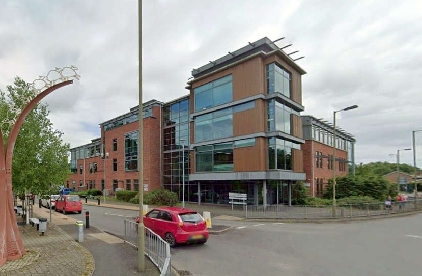 Social landlord plans staff cuts
Social landlord plans staff cuts
 Lake View Nursery to receive a special award for supporting children's health
Lake View Nursery to receive a special award for supporting children's health
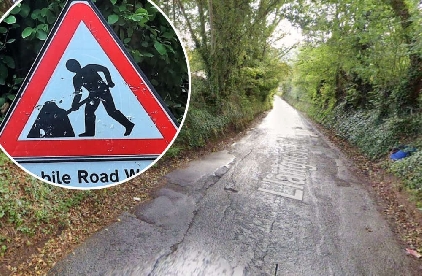 Herefordshire Council reveals six more roadworks closures
Herefordshire Council reveals six more roadworks closures
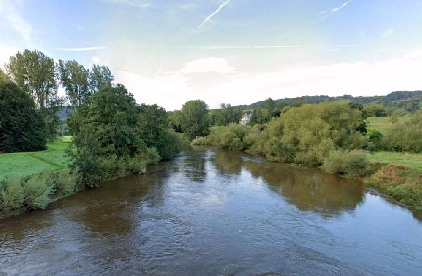 County’s top spots for sewage spills named
County’s top spots for sewage spills named
 Herefordshire primary school places announced
Herefordshire primary school places announced
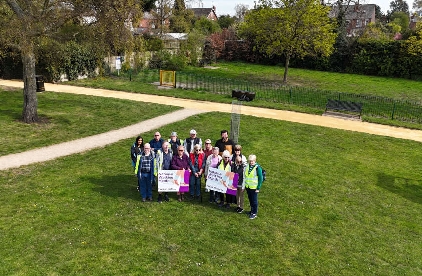 Get ready to walk this May and enjoy the 'Walk This May Challenge'
Get ready to walk this May and enjoy the 'Walk This May Challenge'
 New EV charging points planned for Hereford, Leominster and Kington
New EV charging points planned for Hereford, Leominster and Kington
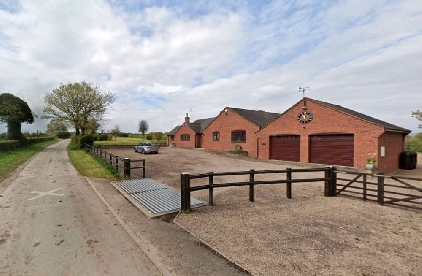 Non-farmers win fight to remove rule from house
Non-farmers win fight to remove rule from house

